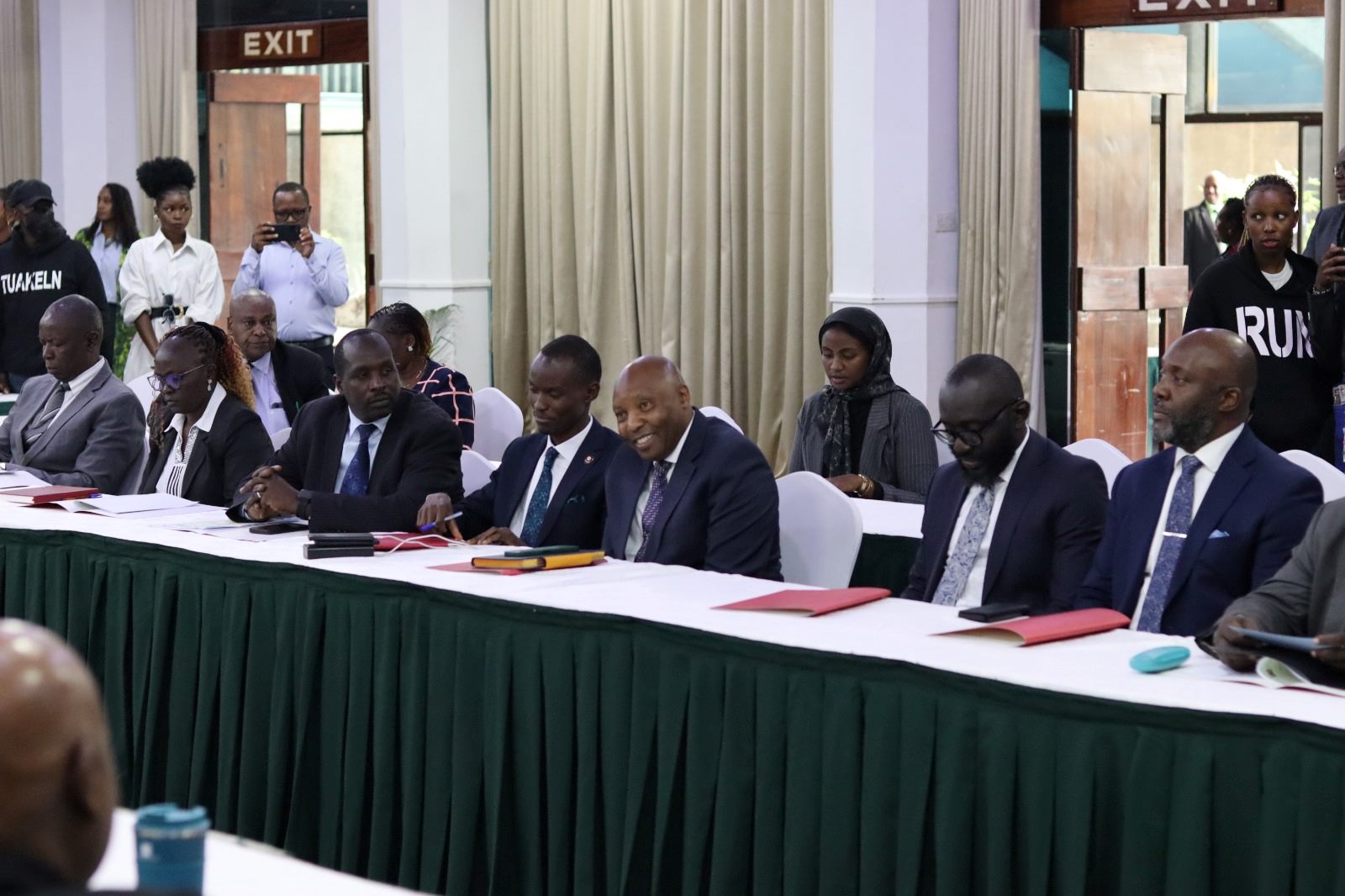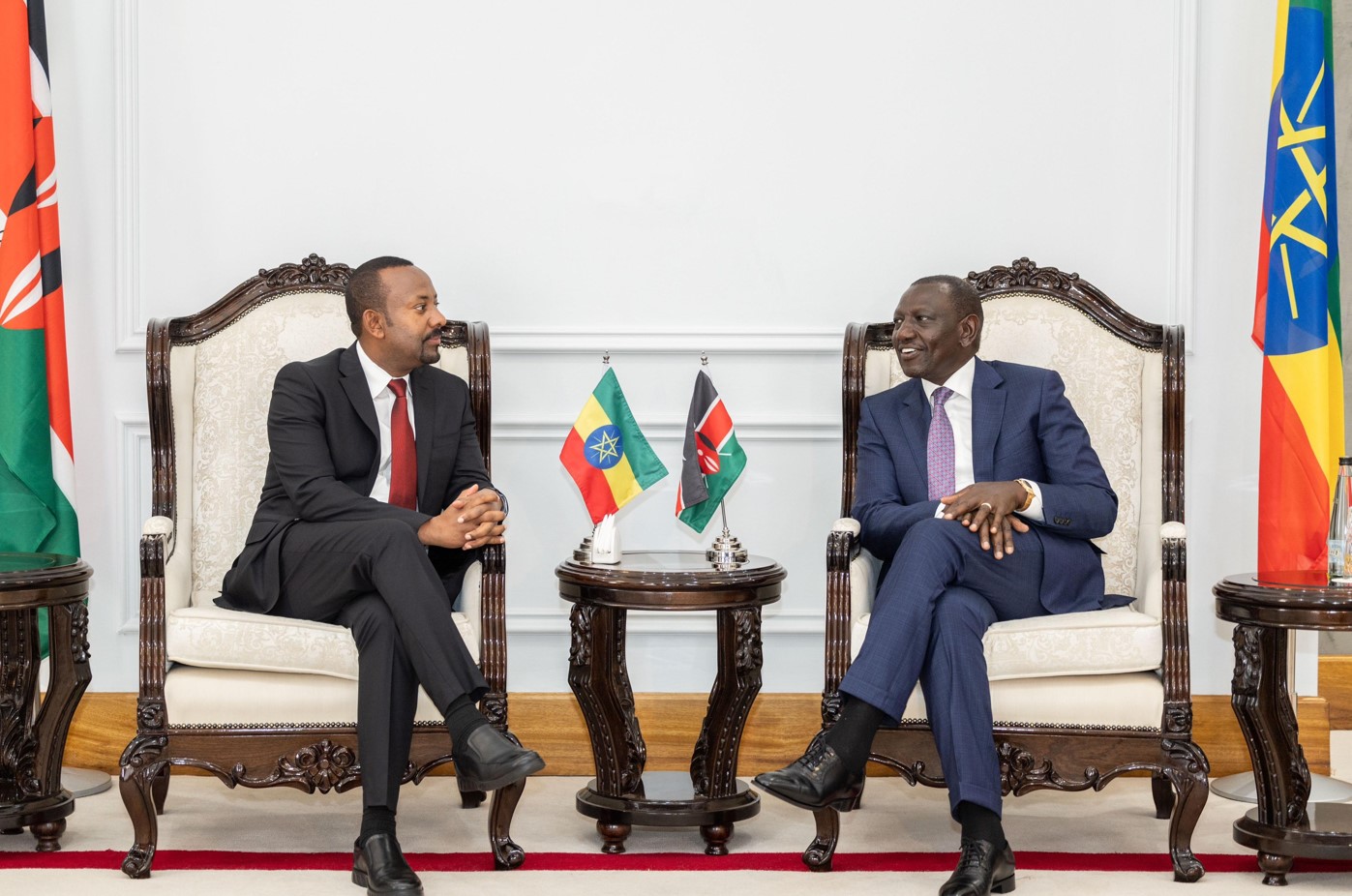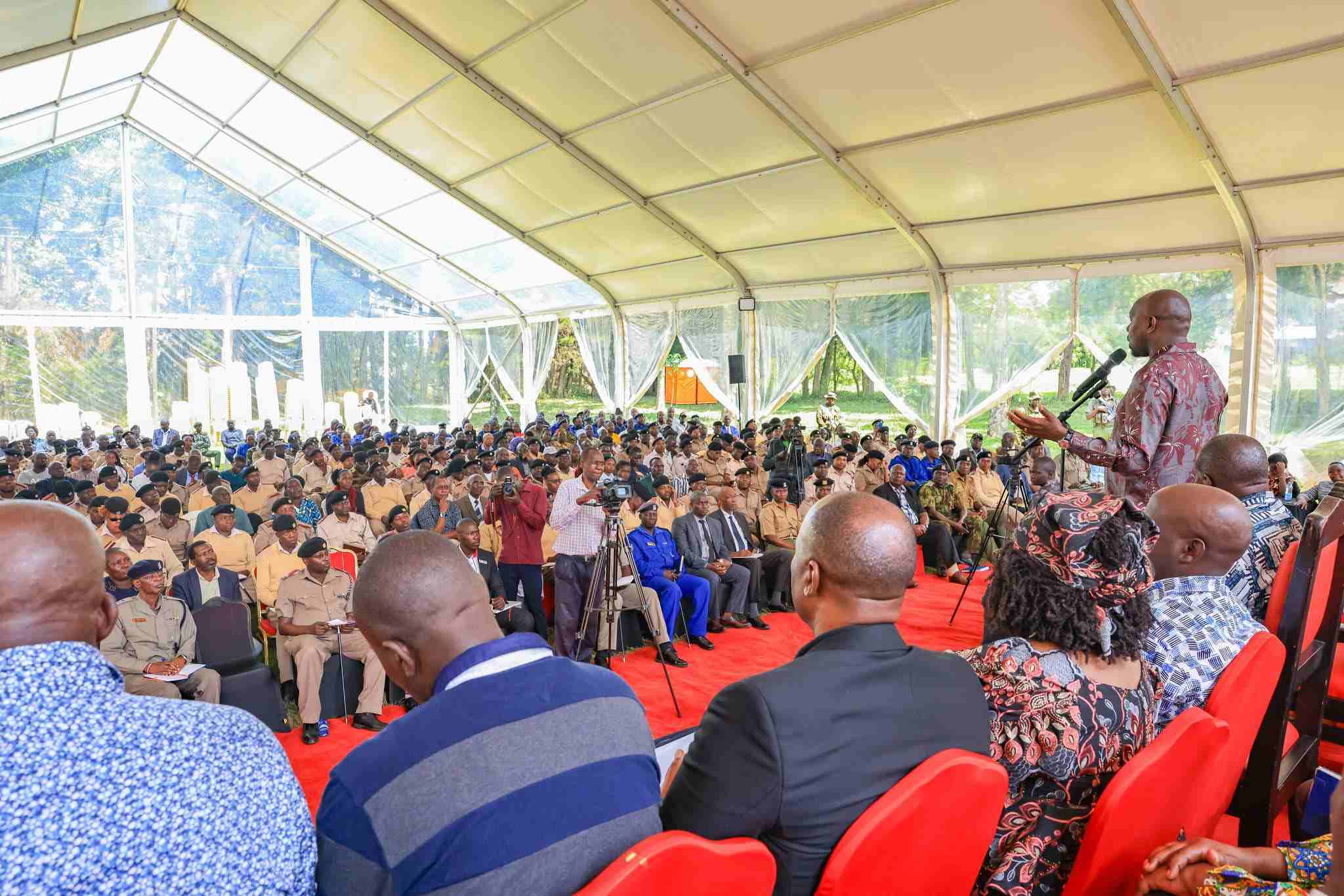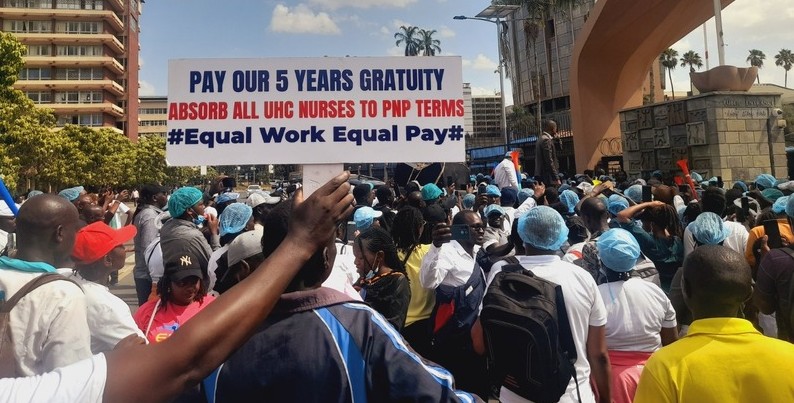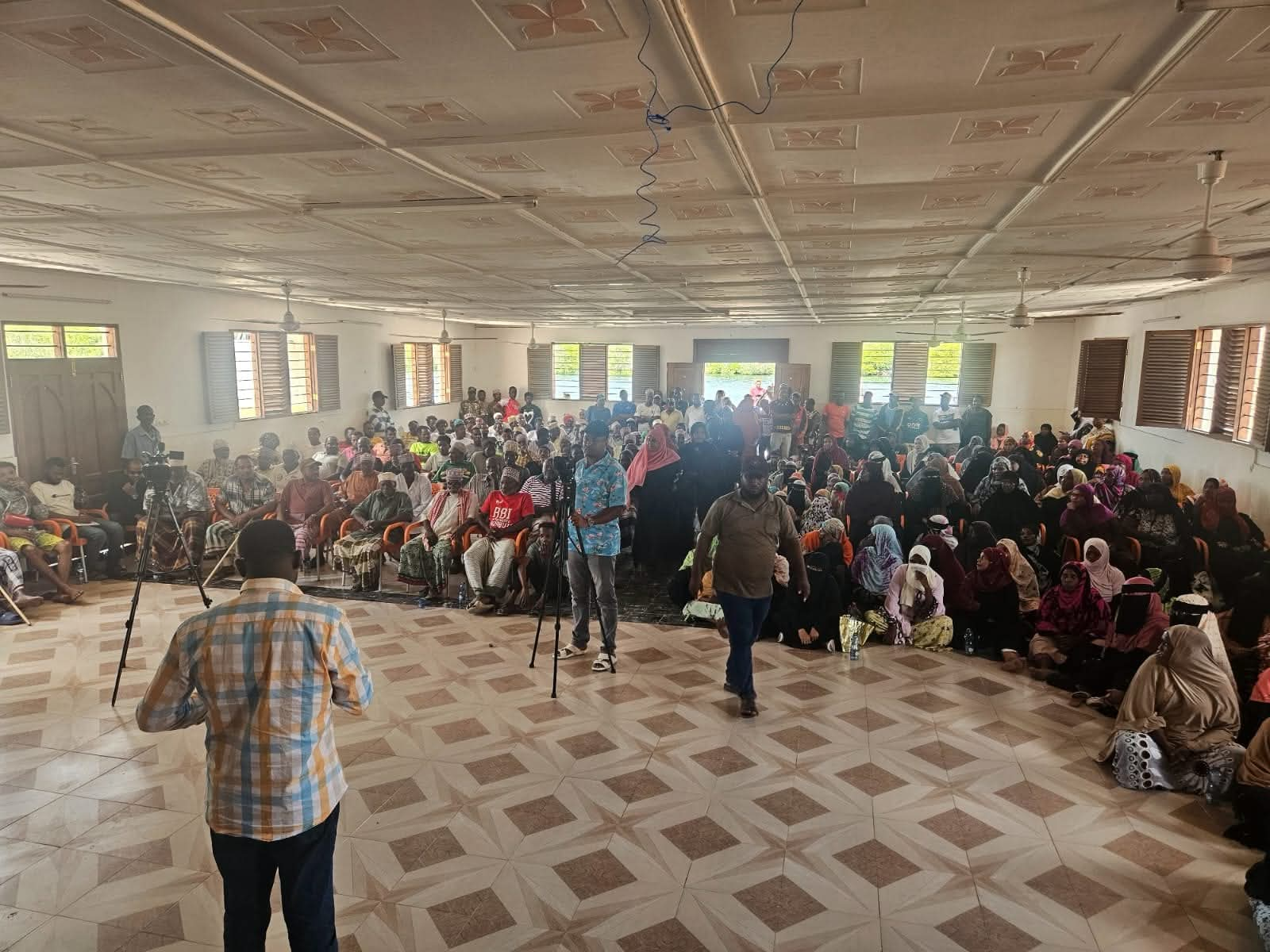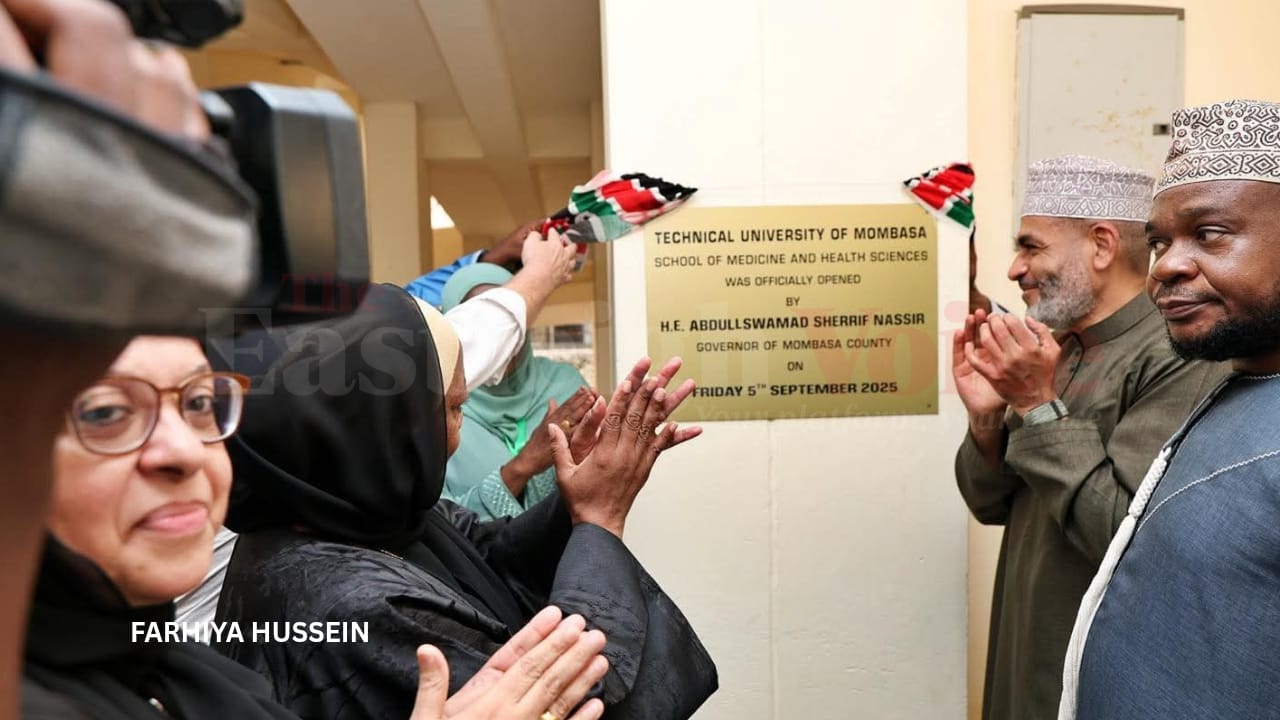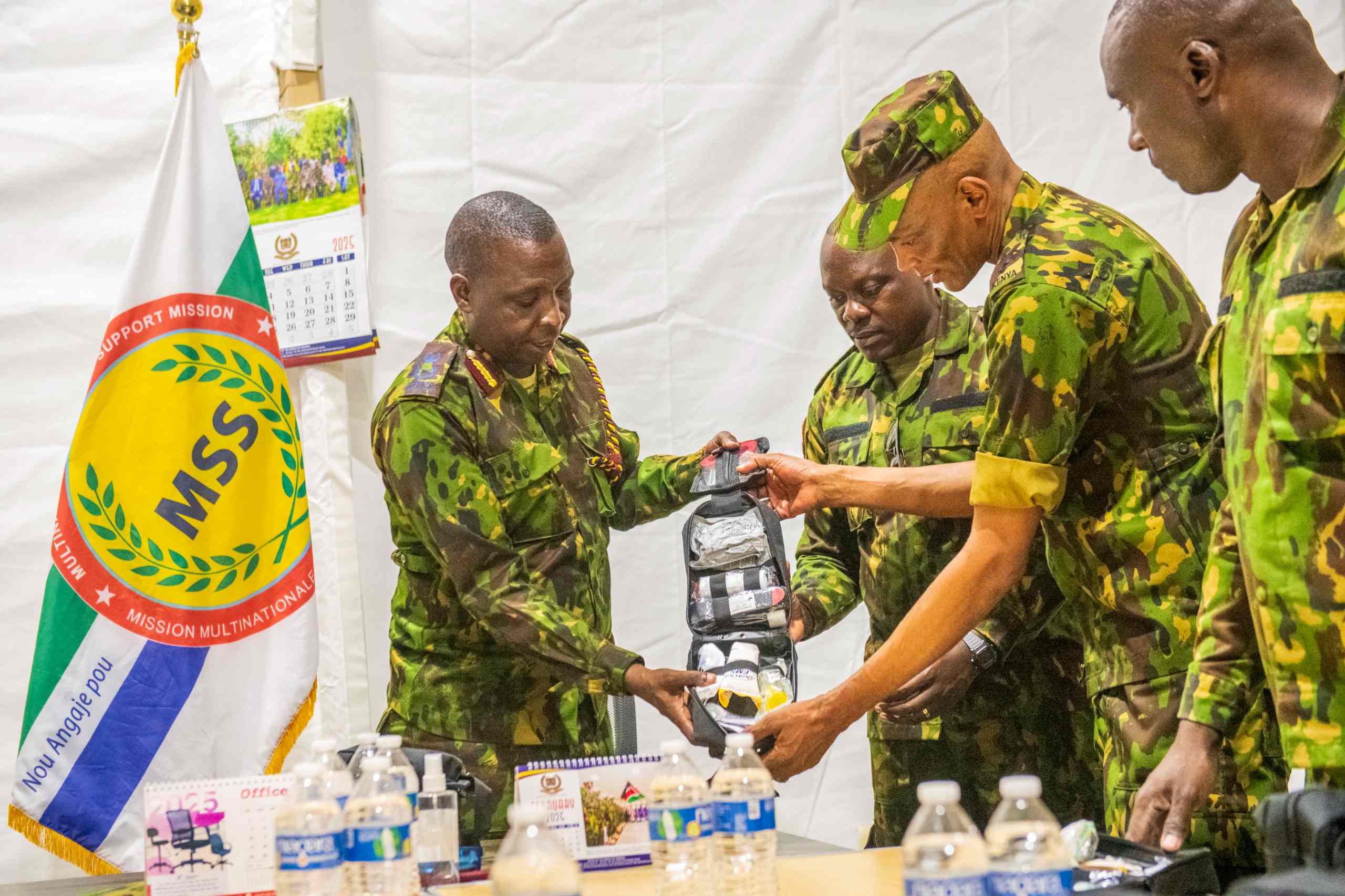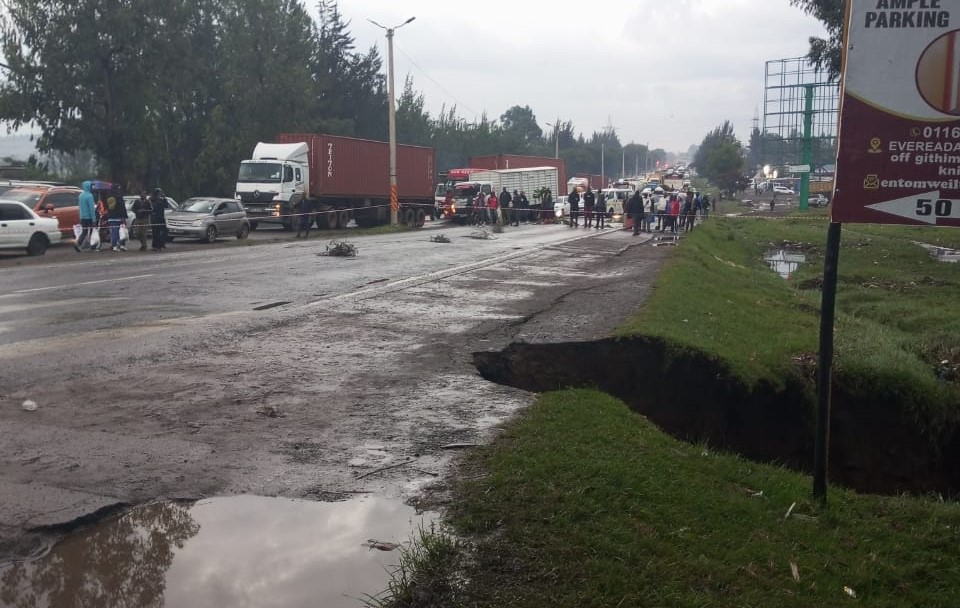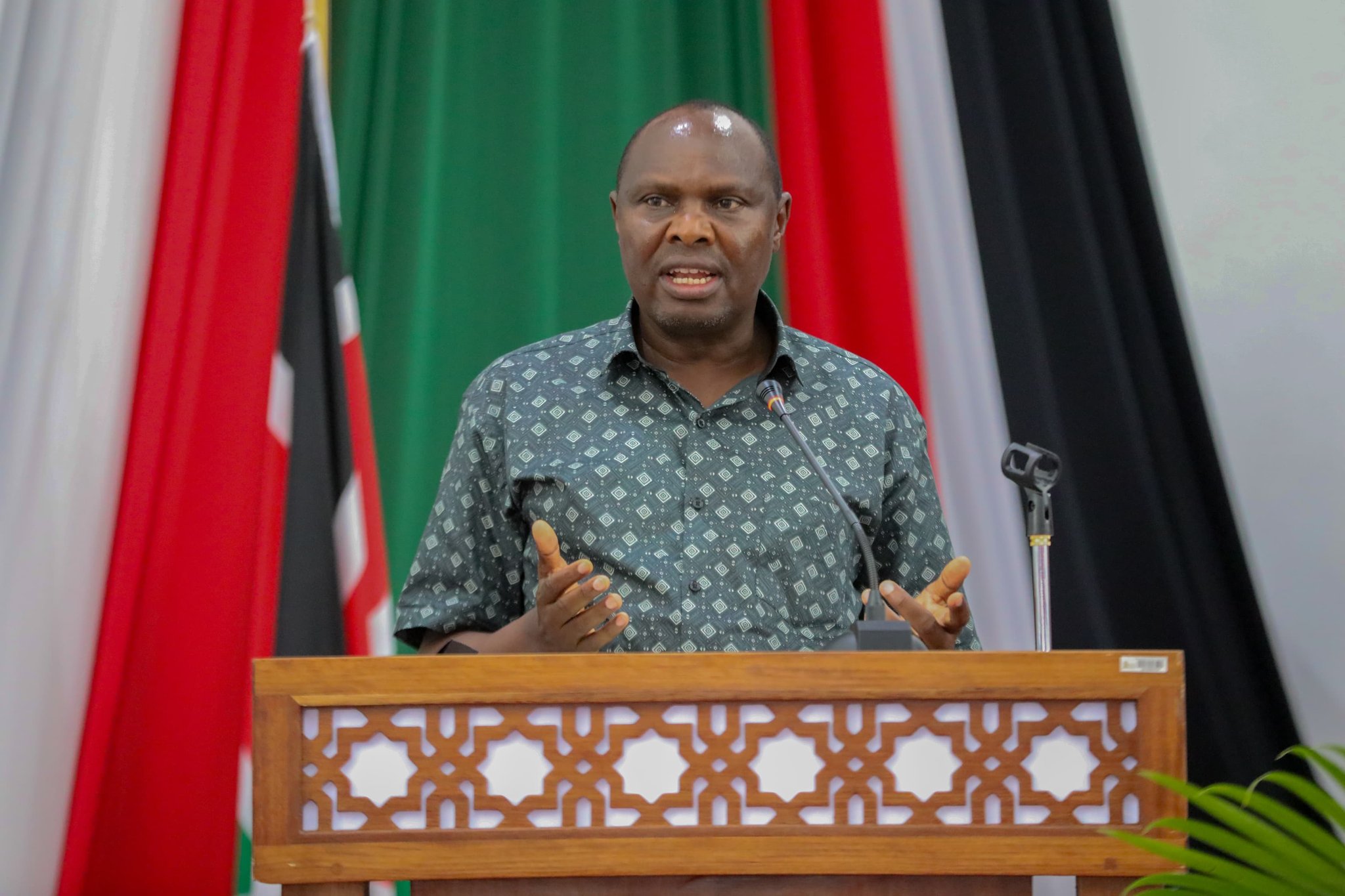Gov't far from providing free sanitary towels for schoolgirls - report
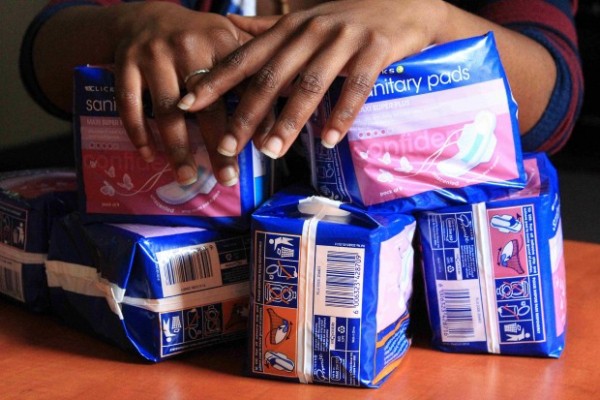
The Auditor General's report has uncovered a significant shortfall in funding within Kenya's initiative to provide free sanitary towels to schoolgirls.
The ongoing struggle with period shame remains a challenge for many girls, especially those residing in low-income areas.
Menstruation is a monthly occurrence for girls and women who have reached puberty. Despite increasing awareness of this natural process, funds allocated to address this issue remain insufficient.
More To Read
- Sh940m for sanitary towels as state ups GBV, FGM and women empowerment funding
- Girls in vulnerable communities at risk as state slashes budget for sanitary towels, anti-FGM programmes
- Gynecologist debunks “tampons or pads” debate: Which one is best?
- Makueni County official suspended over controversial menstruation remarks
- Calls for urgent action on teen pregnancies as Kenya marks Day of the Girl
- Woman’s agony of waiting in vain for monthly periods despite having children
The Auditor General's report has uncovered a significant shortfall in funding within Kenya's initiative to provide free sanitary towels to schoolgirls, shedding light on the challenges girls face due to inadequate access to menstrual hygiene products.
Despite the government's expenditure of about Sh4 billion between 2013 and 2023 to distribute pads to 12.6 million students nationwide, the audit reveals a gap in meeting the needs of schoolgirls.
Budget constraints have limited the Ministry of Education's ability to provide an adequate supply of sanitary towels, with an average of only three packets per girl annually being distributed instead of the required nine.
This shortage has resulted in various hardships for girls, including resorting to unsanitary alternatives, engaging in risky behaviour to obtain pads, missing classes, or dropping out of school altogether.
There have been reported cases of girls resorting to unhealthy methods, such as using cowhide, feathers, mattresses, old clothes, and tissues, to manage this natural process.
Research conducted between 2019 and 2023 in 44 schools analyses both the budget allocation and implementation of the programme mandated by the 2017 Basic Education Amendment Act.
However, the findings show a significant funding gap, with the Ministry of Education only covering 42% of the annual entitlement for girls.
Auditor General Nancy Gathungu has emphasised the urgent need to increase budgetary allocations and establish clear standards for pad distribution to address these deficiencies.
It is crucial to implement improved monitoring and evaluation systems and ensure timely deliveries to remote areas where access to menstrual hygiene products may be limited.
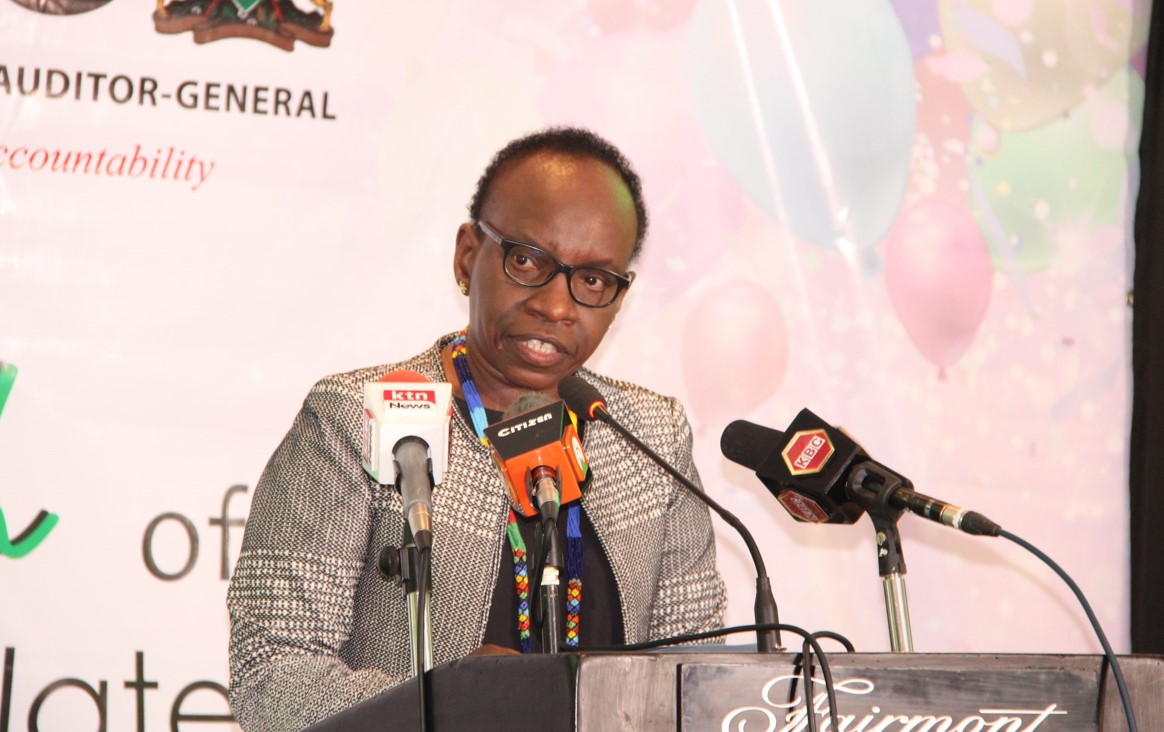 Auditor General Nancy Gathungu. (Photo: Office of the Auditor General)
Auditor General Nancy Gathungu. (Photo: Office of the Auditor General)
The report underscores the importance of prioritising menstrual health and girls' education in Kenya, emphasising that adequate funding and efficient implementation of the free sanitary towel programme are essential to ensuring girls' access to education and preserving their dignity during menstruation.
In addition to addressing the funding gap, the report highlights other challenges, such as insufficient training on menstrual hygiene management for teachers and students and discrepancies between enrollment data and actual distribution lists, further complicating the situation.
In some instances, entire classes have missed out on receiving sanitary towels due to shortages, worsening the challenges faced by girls. Interviews conducted as part of the audit revealed that many girls have been forced to use unsanitary alternatives like pieces of cloth or blankets during their periods, risking infections and discomfort.
Furthermore, 59 per cent of girls surveyed reported using two or more packets of sanitary towels monthly due to heavier flows, compounding the supply shortfalls.
In dire circumstances, some girls have resorted to sharing sanitary towels with relatives and friends or engaging in risky behaviour, such as sexual activities in exchange for pads, risking diseases, and eventually dropping out of school.
Due to the monthly nature of menstruation, some girls have consistently missed school and fallen behind in their studies.
Irregular deliveries and a lack of disposal bins in schools have further compounded the issues, highlighting the need for comprehensive solutions to address the challenges faced by girls in accessing menstrual hygiene products.
To address the glaring gaps identified in the audit, the Auditor General has recommended urgent measures, including increasing budgetary allocations, establishing clear standards for pad distribution, improving monitoring and evaluation systems, and ensuring timely deliveries to remote schools.
These recommendations serve as a wake-up call for Kenyan authorities to prioritise menstrual health and girls' education and take concrete actions to address the systemic challenges faced by girls in accessing menstrual hygiene products.
By addressing these challenges, Kenya can ensure that all girls have access to the menstrual hygiene products they need to stay in school and fulfil their potential.
Top Stories Today


